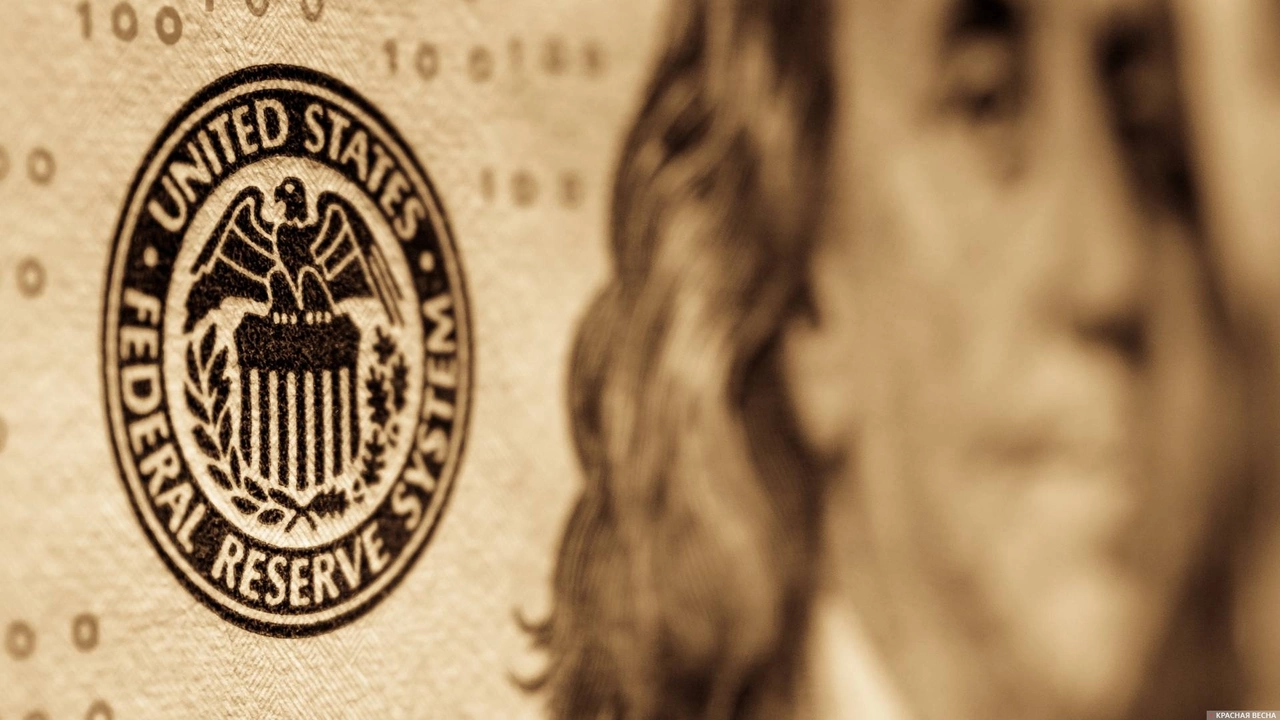Introduction: A Brief History of the Federal Reserve
As a blogger who is invested in understanding different political ideologies and their perspectives on various institutions, I have often been intrigued by the libertarian dislike for the Federal Reserve. The Federal Reserve System, or the Fed, as it is commonly known, was established in 1913 with the primary goal of providing a stable financial framework for the United States. Over the years, the Fed has played a crucial role in shaping the country's monetary policy and regulating the banking system. However, libertarians have consistently criticized the institution for a variety of reasons. In this article, I will delve into seven key areas that form the basis of the libertarian argument against the Federal Reserve.
The Fed's Impact on Inflation
One of the primary reasons libertarians despise the Federal Reserve is its role in creating inflation. The Fed has the power to control the money supply, and by doing so, it can influence the overall price level in the economy. Libertarians argue that when the Fed increases the money supply, it leads to a reduction in the purchasing power of money, causing a general rise in prices.
This is particularly concerning for libertarians because they believe that inflation is essentially a hidden tax on the citizens, as it erodes their purchasing power. They argue that the Fed's monetary policies have consistently led to higher inflation rates and that, in the long run, this has resulted in the devaluation of the US dollar.
Centralization of Power
Libertarians are staunch proponents of limited government intervention and decentralized power structures. The Federal Reserve, being a centralized institution with significant control over the nation's monetary policy, is seen as a direct threat to these principles. The Fed's ability to control interest rates, regulate the banking system, and create money gives it immense power over the economy.
Libertarians argue that this concentration of power is antithetical to the ideals of a free market and that it leads to inefficiencies, cronyism, and market distortions. They propose a more decentralized banking system, with market-based interest rates and a more stable currency, as an alternative to the Fed.
Manipulation of Interest Rates
Another major point of contention for libertarians is the Federal Reserve's role in manipulating interest rates. The Fed has the authority to set the federal funds rate, which is the rate at which banks lend to each other overnight. This, in turn, influences the interest rates for various loans, mortgages, and other financial products.
Libertarians argue that this artificial manipulation of interest rates leads to the misallocation of resources and encourages excessive borrowing and spending. They believe that a free market system, with interest rates determined by the forces of supply and demand, would result in a more efficient allocation of resources and a more stable economy.
Lack of Transparency and Accountability
The Federal Reserve has often been criticized for its lack of transparency and accountability. Although it operates as an independent entity within the government, its actions have far-reaching consequences for the economy and the lives of millions of Americans. Libertarians argue that such an institution should be subject to greater oversight and scrutiny.
They point to the secretive nature of the Fed's decision-making process, the influence of powerful banking interests, and the absence of any meaningful checks and balances as evidence of the need for greater transparency and accountability. In the libertarian view, this lack of openness undermines the legitimacy of the Federal Reserve and its actions.
The Moral Hazard Created by the Federal Reserve
Libertarians believe that the Federal Reserve's actions create a moral hazard in the financial system. The Fed's role as a lender of last resort and its willingness to intervene in markets to prevent financial crises can lead banks and other financial institutions to take on excessive risk, knowing that they will be bailed out if things go wrong.
This moral hazard can encourage reckless behavior and contribute to the formation of financial bubbles and crises. Libertarians argue that a more decentralized banking system, without a central authority like the Fed to intervene, would encourage more responsible risk-taking and lead to a more stable financial system.
The Fed's Impact on Economic Inequality
Libertarians also criticize the Federal Reserve for its role in exacerbating economic inequality. They argue that the Fed's policies, particularly its low-interest-rate policies and quantitative easing programs, disproportionately benefit the wealthy and well-connected at the expense of ordinary citizens.
By inflating asset prices, such as stocks and real estate, the Fed's policies have primarily benefited those who already own these assets, further widening the wealth gap. Libertarians contend that a more decentralized, market-based approach to monetary policy would lead to a fairer distribution of wealth and resources.
The Call for a Return to Sound Money
Finally, many libertarians advocate for a return to sound money as an alternative to the current fiat currency system managed by the Federal Reserve. Sound money, often backed by a commodity like gold, is seen as a more stable and reliable form of currency, less prone to inflation and manipulation.
Libertarians argue that a return to sound money would limit the power of the Federal Reserve, promote fiscal responsibility, and lead to a more stable and prosperous economy. The idea of sound money has gained traction in recent years, with some even proposing the adoption of cryptocurrencies as a new form of sound money.
In conclusion, libertarians have a wide range of criticisms against the Federal Reserve, from its role in creating inflation to its impact on economic inequality. Their opposition to the institution stems from their commitment to limited government, decentralization, and free-market principles. While the feasibility of their proposed alternatives is a matter of debate, their critiques of the Federal Reserve offer valuable insights into the potential shortcomings of centralized monetary control.
